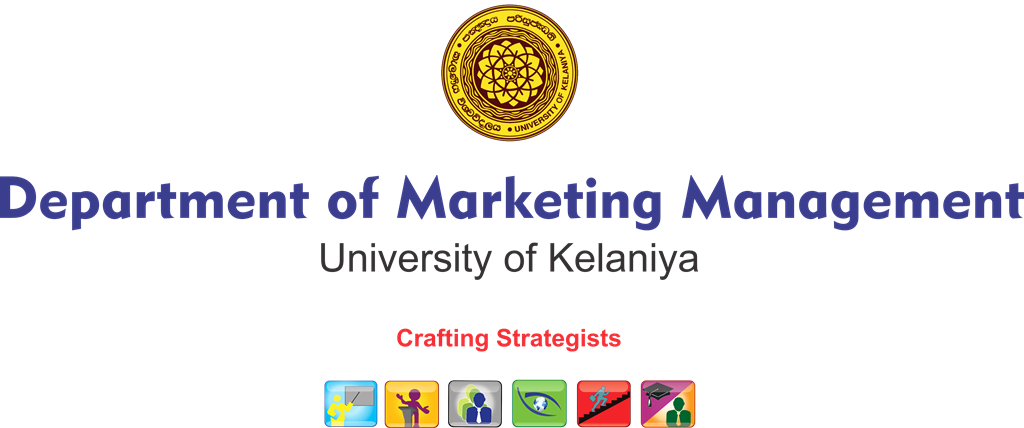Dr. Ajith Medis
Senior Lecturer, University of Kelaniya, Sri Lanka
This email address is being protected from spambots. You need JavaScript enabled to view it.
ABSTRACT
The television media industry is a matured industry, while showing a decline in some parts of the world with the replacement of technology. Television (TV) plays an essential role in the day to day lifestyle of people in the society and thus has not been fully replaceable. Due to the power of communication TV channels hold along with their consistent partnering in activities, TV channels takes a unique role in the corporate social responsibility (CSR) frontier. Further, corporate social responsible partnership with society counts on building corporate brand image. In the Sri Lankan context, there is a huge competition among twenty-three TV channels in the market. This has resulted in numerous marketing activities, with the center of aiming for a 13 million viewership. The trend of engaging in social activities was thus quickly picked by leading TV channels. In recent past natural disasters that the country faced, TV channels highlighted the service and contribution they were engaged. The study developed research questions to understand this phenomenon of how Corporate Social Responsibility influences the Corporate Brand Image of TV channels in Sri Lanka.
The main objective of this research is to investigate the influence of Corporate Social Responsibility on Corporate Brand Image. The research will be an exploratory study and the researcher chose multi stage random sampling. The population comprises of CSR benefitted TV viewers. It was identified that TV channels conducted their CSR practices in natural disaster affected areas in the recent period. For analysis, six districts were selected based on available disaster management statistics. Of them, one district was randomly selected to conduct the survey. Data was collected through the means of self-administrative questionnaires distributed among all district secretariats. Findings of the study resulted in identifying that philanthropic responsibility, ethical responsibility, and legal responsibility have significant impact on corporate brand image of TV channels while economic responsibility did not have a significant relationship.
Keywords: Corporate Brand Image, Corporate Social Responsibility, Economic Responsibility, Ethical Responsibility, Legal Responsibility, Philanthropic Responsibility


